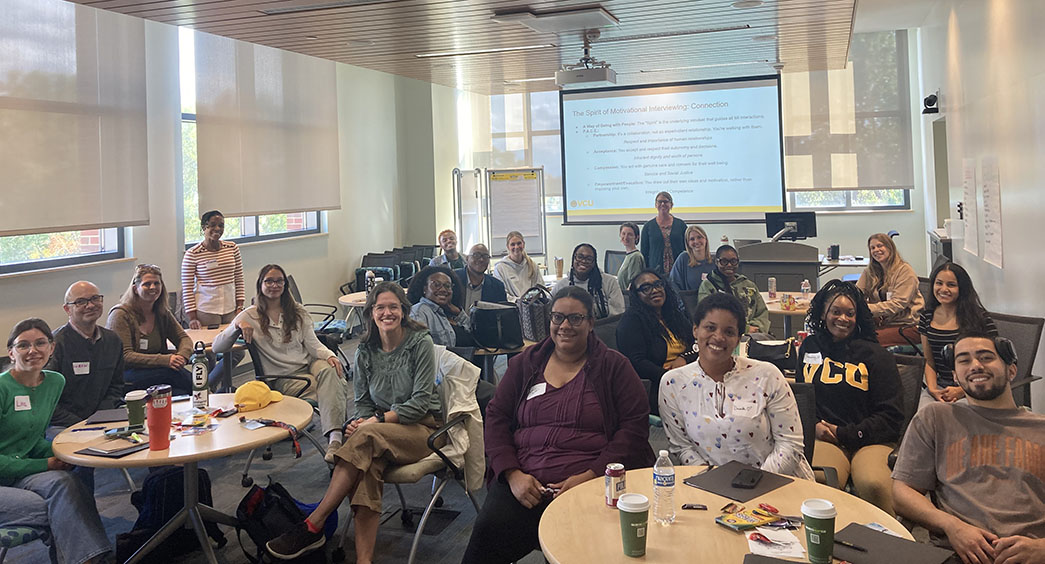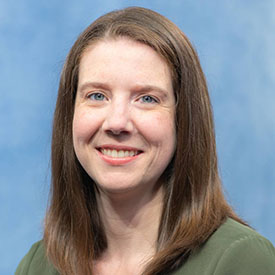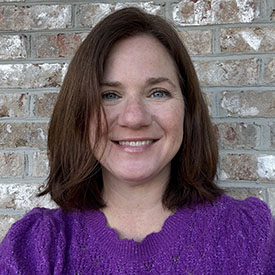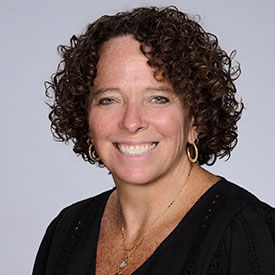Child Welfare Initiatives
Across a range of grant-funded projects, we're committed to supporting stronger, more resilient children and families.
Four grant-funded programs administered by the VCU School of Social Work contribute to ensuring the health, safety and well-being of children and families in Virginia. The initiatives:
- Strengthen the child welfare workforce and system
- Deliver high-quality training and support to resource families
- Provide assessment of family-based placements for children in kinship, foster and adoptive homes
- Facilitate enhanced alcohol and/or other substance use disorder education, training and supervision for child welfare professionals
The Virginia Department of Social Services sponsors three programs, and a National Institutes of Health grant funds the fourth. The initiatives include the:
- Title IV-E Child Welfare Stipend Program (CWSP)
- Consortium for Resource Adoptive and Foster Family Training (CRAFFT)
- Mutual Family Assessment (MFA), which operates under CRAFFT
- Child Welfare and Addiction Fellowship
 Child Welfare Stipend Program students, faculty and staff at a Motivational Interviewing event.
Child Welfare Stipend Program students, faculty and staff at a Motivational Interviewing event.
100+

100+ graduates from the VCU Child Welfare Stipend Program
2018-2025, CWSP records
40+

40+ of Local Department of Social Services (LDSS) agency partners across Virginia
About the Child Welfare Stipend Program
The CWSP prepares a skilled and compassionate child welfare workforce by training social work students for careers in public child welfare, focusing on foster care, adoption, and in-home services. This ensures that vulnerable children and families receive support from well-trained social work practitioners. The CWSP aims to develop critical thinkers and compassionate agents of change to walk alongside families and improve the system.
Title IV-E is a federally funded program that runs through the VDSS, supporting the statewide Child Welfare Stipend Programs at VCU as well as George Mason University, Norfolk State University, Radford University and Virginia State University.
Benefits for agency community partners
- The opportunity to train social work students during their agency-based placements
- Hiring graduates with practice experience in a local department of social services (LDSS) and other child-and family-serving settings
- Hiring graduates who have completed some of the required Commonwealth of Virginia Learning Center (COVLC) training prior to beginning their employment in an LDSS
- Supporting the continuing professional development of their employees and enhancing retention of their workforce by providing the opportunity for staff to return to VCU to complete their M.S.W.
Learn more about the CWSP
- The program's community impact
- The practice of child welfare
- How to apply for the CWSP
- Meet some of our recent graduates
About the Consortium for Resource Adoptive and Foster Family Training
CRAFFT promotes the safety, permanency and well-being of Virginia’s children by training and supporting kinship, foster and adoptive families. It equips these resource families with the knowledge and skills to provide stable and nurturing homes for children and youth in the child welfare system.
CRAFFT’s objective is to increase the knowledge and skills of prospective and current resource families through standardized, competency-based pre- and in-service training. It also aims to build capacity within Local Departments of Social Services (LDSS) to train and assess their own families.
By providing comprehensive training on topics like trauma-informed parenting and attachment, CRAFFT ensures that resource families are better prepared to meet the complex needs of children, leading to improved outcomes for children in foster care.
About the Mutual Family Assessment
The MFA program supports the thorough assessment of prospective kinship, foster and adoptive families to provide better and safer outcomes for children and families. This meticulous process helps ensure that each child is placed with a family capable of meeting their specific needs, particularly children who have experienced trauma.
MFA specialists conduct comprehensive assessments, participate in pre-service training, coordinate additional services and facilitate the interview/home study process. This rigorous approach helps to ensure that children are placed in stable, nurturing environments.
The primary objectives of the MFA program are to increase the pool of viable family-based placements and to ensure that children are appropriately matched with families who can provide the necessary care and to assess kinship placements.
MFA promotes the safety, permanency and well-being of Virginia children, minimizing the trauma children experience when entering foster care, supporting reunification efforts where possible and fostering lifelong connections for children.
About the Child Welfare and Addiction Fellowship
This NIH-funded program is available to alumni of the CWSP in Virginia – regardless of university affiliation. The fellowship provides enhanced alcohol and/or other substance use disorder (AOSUD) education, training and supervision for child welfare professionals.
VCU’s Institute for Research on Behavioral and Emotional Health, led by Karen Chartier, Ph.D., social work professor, administers the CWAF, along with other team members from the School of Social Work, a licensed clinical social worker in Richmond-area government and a faculty member from the University of Texas.
With up to 68% of child welfare cases involving a caregiver with an AOSUD and child welfare professionals making life-altering decisions about the children in their care, social workers employed in child welfare agencies are a critical target for AOSUD education. This specialized two-year training program aims to improve knowledge and skills in screening and identifying AOSUDs among child welfare-involved caregivers, in case planning and by referrals to effective treatments and interventions.
The CWAF consists of four components provided virtually:
- Weekly clinical group supervision (1 hour per/week for year one)
- Monthly de-identified case consultations (using a tele-education model, 1 hour a month)
- Quarterly foundational workshops (2 hours per quarter)
- Qualitative interview and surveys (2 hours per year)
The program is examining the possibility of offering microcredentials to those who participate. This is part of a larger effort to incentivize front-line workers to stay in the field longer, utilizing their skillset and deepening their competencies to continue growing professionally. The CWAF contributes to workers feeling more confident and competent in their skills around supporting individuals and families who have substance use disorder.


